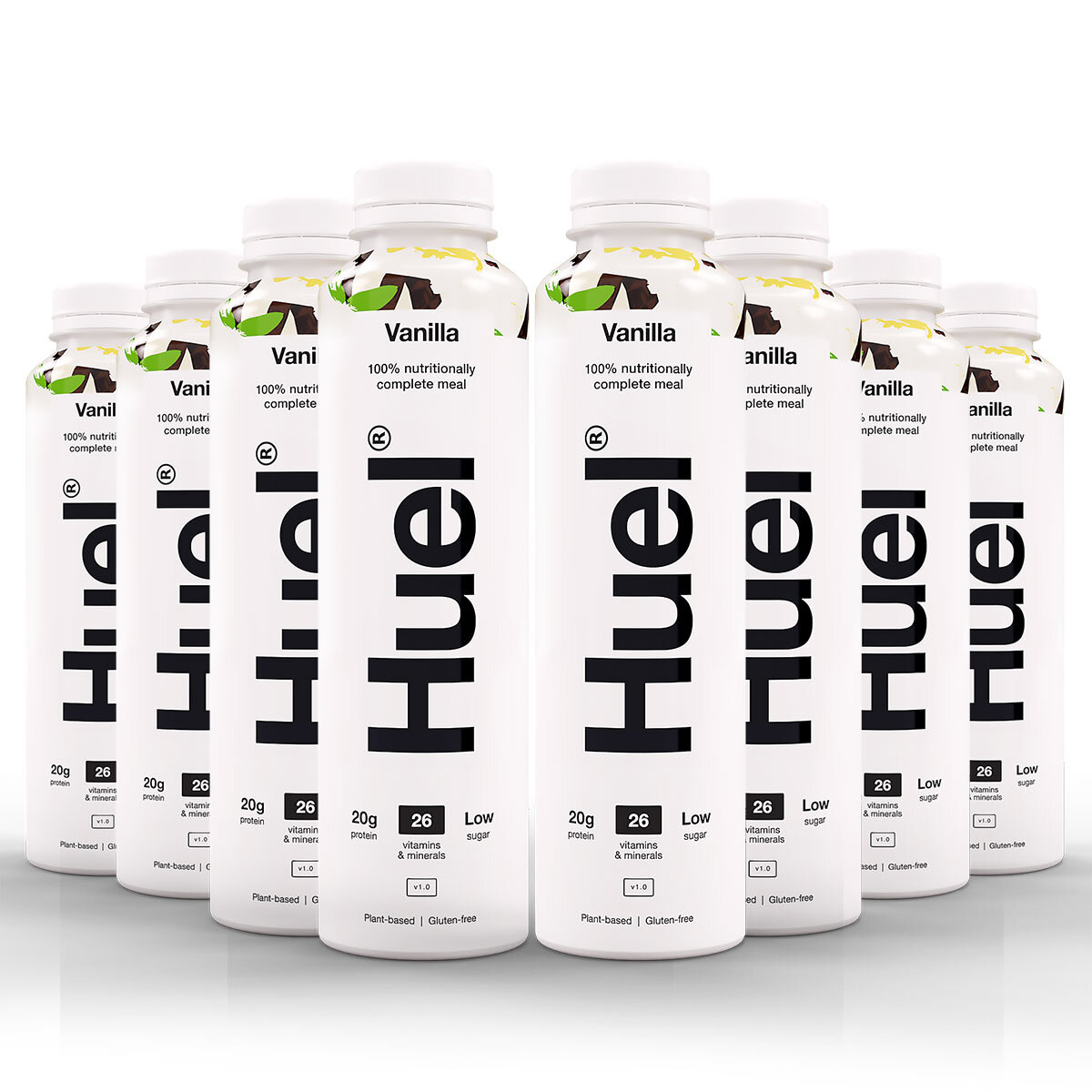Meal replacement giant Huel will see products hit UK supermarkets after revealing a sharp jump in profits.
James McMaster, chief executive of Huel, said the company is taking a “firmly omnichannel” approach in order to keep growing sales.
The food, drink and nutrition business reported a pre-tax profit of £13.8 million for the year to July, up 194% on the previous year.
This came as revenues lifted by 16% to £214 million for the year, boosted by continued growth online and the expansion of its retail presence.
It saw UK revenues rise by 17% to £110.1 million as more products hit the shelves in UK supermarkets.
McMaster stressed that the vast majority of UK food and drink sales are still through grocery stores and the brand therefore needs to be where those customers are.
The firm first launched into supermarkets five years ago, but has rapidly grown in bricks-and-mortar retail recently.
It said its products are now available in 25,650 stores globally, more than doubling its presence from a year earlier.

Mr McMaster added: “This has been another year of growth and expansion for Huel, as we continue to demonstrate there is strong demand for convenient, sustainable and nutritious food options.
“We have scaled up with our widest range of products ever, selling to more customers via our direct to consumer business as well as a rapidly growing footprint in physical retail stores.
“We delivered a strong financial performance.
“We broke the £200 million revenue mark for the first time while also driving a significant uplift in profitability, helping to ensure that our growth is as sustainable as our products.”
In September this year a watchdog banned an advert for the supplement firm for making unsubstantiated claims about the product’s health benefits and cost relative to fruits and vegetables.
A post on Huel’s Instagram account, seen on April 3, featured company founder Julian Hearn claiming: “You’ve been told your whole life to eat greens and a lot of people can’t get that amount of greens into their diet … we’ve taken a very broad range of greens, so you get a product which is equally good, or in my eyes better, but you get it substantially cheaper.”
The ASA said customers would generally understand “eat your greens” to mean eating vegetables and that Huel was comparing the cost and nutritional value of its product to green vegetables.

